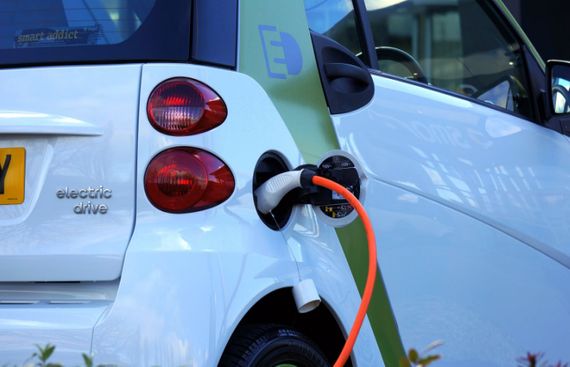Electric Vehicles: How India is Changing the Gears?

Just like every other industry, the automotive industry is also witnessing many technology-driven trends that shape large-scale disruption in the area of transportation. Electrification is one of the key factors and innovation is still the main driving factor for the growth of the global market for electric vehicles (EV). The gradual shift towards EVs is inevitable, as the whole world is battling environmental pollution and the effects of climate change.
To emerge as a leader in the global EV space, India should chart a plan to manufacture every sub-system required by EVs, such as components, batteries, charging infrastructure. In India, there are announcements of tax rebates to customers of EVs and to manufacture of EV components in the 2019 budget. Similarly, the NITI Aayog brought a policy proposal for a transition to EVs within the next few years, for the two and three-wheelers sectors (2023 for three-wheelers and 2025 for two-wheelers). Even though these are just the initial steps taken by the Government of India, the incentives and other subsidies are required for the growth of EVs. India must consider a mix of fiscal and non-fiscal measures in this regard and must be careful about the current economic sways the auto industry is facing now.
Last year, multiple factors helped to the below-par display of the EVs, issues such as higher price point, range anxiety, lack of consumer awareness and more. Morris Garages (India) Motors and Tata Motors are betting on ZS EV and Nexon EV to make electrical inroads. Carmakers across the country will be trying their electric prototypes at the auto expos later this year.
However, initial costs of EVs may be higher than the fuel cars, but when considering long-runs owners will be spending less as they consume no fuel and they are very cheap to maintain. Battery-powered electric vehicles have few components than a conventional car, which automatically makes servicing and maintenance much more economical. The big difference will be when public transport systems implement EVs as they could reduce carbon emissions and hence slowing down global warming and other effects of climate changes.
